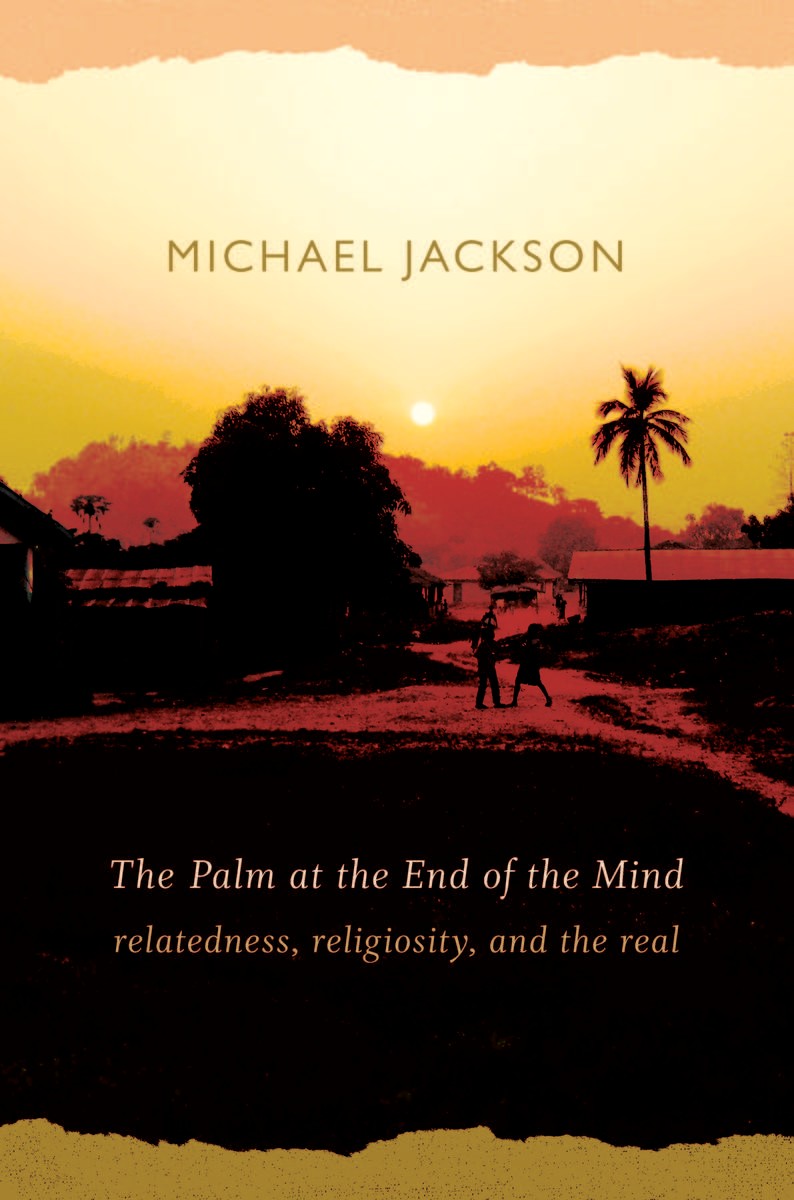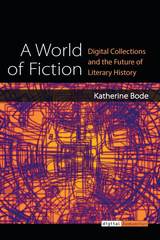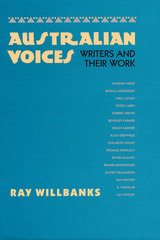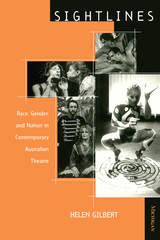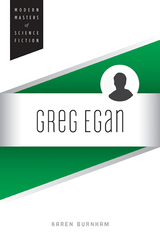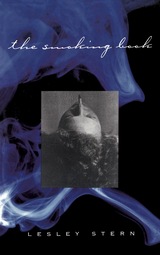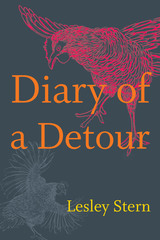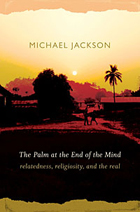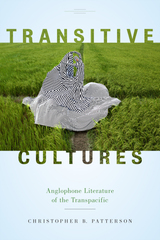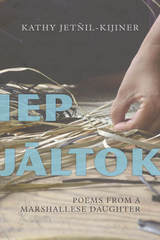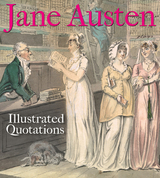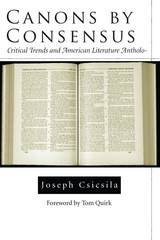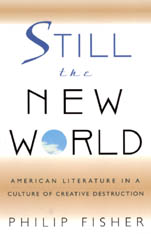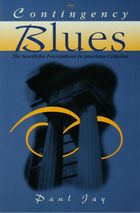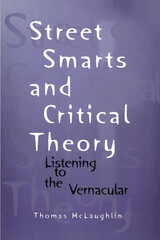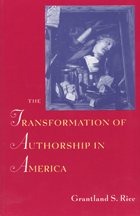“Michael Jackson’s sixty-one short essays, based on his experiences in disparate geographical settings, are designed to speak to each reader individually like a sophisticated musical composition, rather than advancing a linear argument. . . . Jackson’s case that ‘history, religion, spirituality, culture are shop-worn terms,’ and should be replaced by ‘the image of life at the edge of language, a shoreline on which the sea washes ceaselessly,’ is given substance by his own literary skill. And it is possible to glimpse here the makings of a shared ‘religious’ sensibility that may be fitfully emerging to unite different peoples and traditions, in ways influenced by, but not entirely decreed by, the gods of the marketplace.” - Jonathan Benthall, Times Literary Supplement
“As always . . . Jackson writes with beauty and great clarity on demanding
and elusive topics.” - Hayder Al-Mohammad, Social Anthropology
“Jackson excels at an interpretive method in which the power resides in storytelling. The Palm at the End of the Mind is a book to think with as it evokes the beauty and mystery of our experiences. Its stories haunt the imagination and so illustrate the power of phenomenology.” - REBECCA A. ALLAHYARI, Anthropology and Humanism
“The Palm at the End of the Mind is a marvelous work of deep scholarly and artistic significance. Michael Jackson reflects on those things—love, loss, pain, courage, resilience—that define the human condition. Bringing a lifetime of work in anthropology to bear, he provides a rich description of the irreducible dynamics of living in social worlds that are in continuous flux.”—Paul Stoller, author of The Power of the Between: An Anthropological Odyssey
“Elegant and harrowing, this book from renowned ethnographer Michael Jackson takes us to the borderlands of human experience, where normal habits of thought and rules of social location are lost or ruptured, ‘where we confront sides of ourselves that ordinarily do not see the light of day, yet from which new modes of consciousness may take shape.’ As Jackson moves fluidly between storytelling, poetry, memoir, metaphysics, social commentary, interior exploration, and existential reflection, we travel with him around the globe and through incongruous histories: ‘penumbral domains’ that he argues do not belong exclusively to the language of religion, or even to language itself. The Palm at the End of the Mind insists on the integrity of transmutations, even terrible ones, for these are still eternally precious and deeply true. It bears witness to the cosmic connections forged in such mystery, refusing to let us look away. Long after its last page, it haunts, it sings, it prophesies. This is a brilliant ethnography of the heart.”—Kimberley Patton, Harvard Divinity School
“As always . . . Jackson writes with beauty and great clarity on demanding and elusive topics.”
-- Hayder Al-Mohammad Social Anthropology
“Jackson excels at an interpretive method in which the power resides in storytelling. The Palm at the End of the Mind is a book to think with as it evokes the beauty and mystery of our experiences. Its stories haunt the imagination and so illustrate the power of phenomenology.”
-- Rebecca A. Allahyari Anthropology and Humanism
“Michael Jackson’s sixty-one short essays, based on his experiences in disparate geographical settings, are designed to speak to each reader individually like a sophisticated musical composition, rather than advancing a linear argument. . . . Jackson’s case that ‘history, religion, spirituality, culture are shop-worn terms,’ and should be replaced by ‘the image of life at the edge of language, a shoreline on which the sea washes ceaselessly,’ is given substance by his own literary skill. And it is possible to glimpse here the makings of a shared ‘religious’ sensibility that may be fitfully emerging to unite different peoples and traditions, in ways influenced by, but not entirely decreed by, the gods of the marketplace.”
-- Jonathan Benthall TLS
